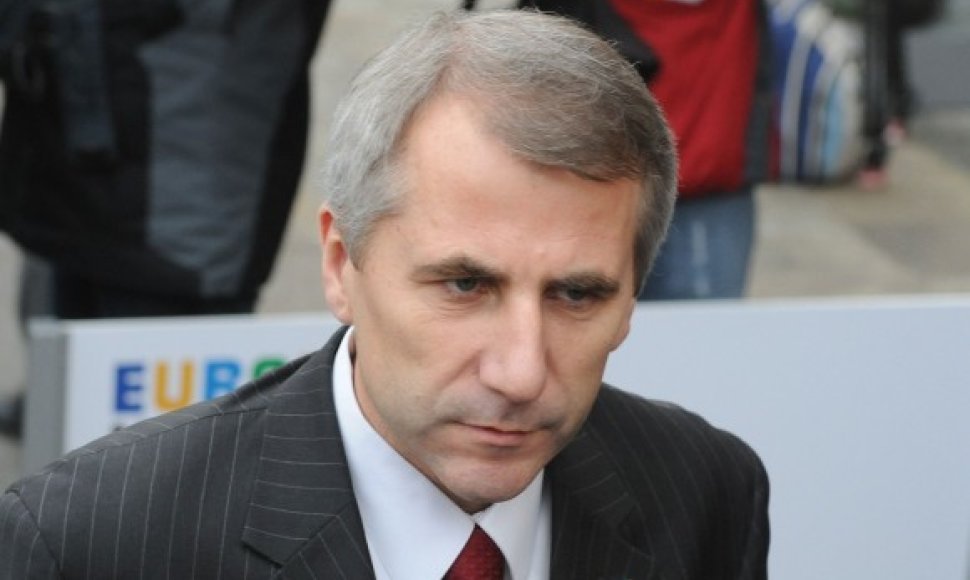He told BNS that the progress in Afghanistan was manifested by growing school enrollment among girls, the increase in the gross domestic product (GDP) and the increasingly heavy traffic on the streets of the Afghan capital Kabul.
Nevertheless, Ušackas noted that a large share of Afghanistan's revenues came from the aid provided by the international community, expressing preoccupation with the Western world's growing unwillingness to speak up about Afghan problems.
"The progress is obvious but fragile. The society is concerned about what will happen after 2014 and whether the Western world will turn its back, as the case was after the Soviet Union's war in Afghanistan in 1989. Will the financial and mentor assistance continue to train soldiers and police officers? Therefore, we in the West and the international community cannot make the second historic mistake, which was made in 1989 when support and assistance to Afghanistan ended with the withdrawal of the Soviet Union," Ušackas said.
"I am to a certain degree concerned to see that the Western political elite is no longer willing to speak up about Afghanistan. Of course, there are new challenging regions, such as Syria and Iran, but it would be rather irresponsible to have an opinion that the matters had been settled here – let's pack up and leave," said the head of the EU mission in Afghanistan.
"America, the EU, and other countries are important for the purpose of not leaving Afghanistan by itself in the situation it is in now, so that it does not trigger and cause a domestic conflict or a civil war, or even a regional conflict where Afghanistan would again become source of international terrorism," the EU diplomat said.
In his words, Afghanistan will need international aid for many years after NATO-led international coalition forces terminate combat actions in Afghanistan in 2014.
Ušackas noted that about 80 percent of Afghanistan's residents were illiterate and the country's enormous natural resources were not being used. He said the current situation in Afghanistan was like reaching the middle of a river.
"If you don't proceed to the other shore, the ship may sink," said the ambassador.
Under the current plan, the majority of forces of NATO and its partner-countries should leave Afghanistan in 2014. After 2014, merely small units of special operators along with military instructors training the local forces will remain in Afghanistan. Nevertheless, the bloody attacks claiming lives of local residents and foreign troops and civilians continue, thus raising concerns about the developments after withdrawal of the international forces.
About 260 Lithuanian troops serve in the International Security Assistance Forces (ISAF) in Afghanistan. After the Lithuanian-manned Provincial Reconstruction Team (PRT) in the Ghor province is closed down in 2013, more than half of them will no longer serve in the mission, leaving merely the Lithuanian special operators, air force advisory team, special mission protection team, troops of the national support element (logistics) and a few staff officers in Afghanistan.












